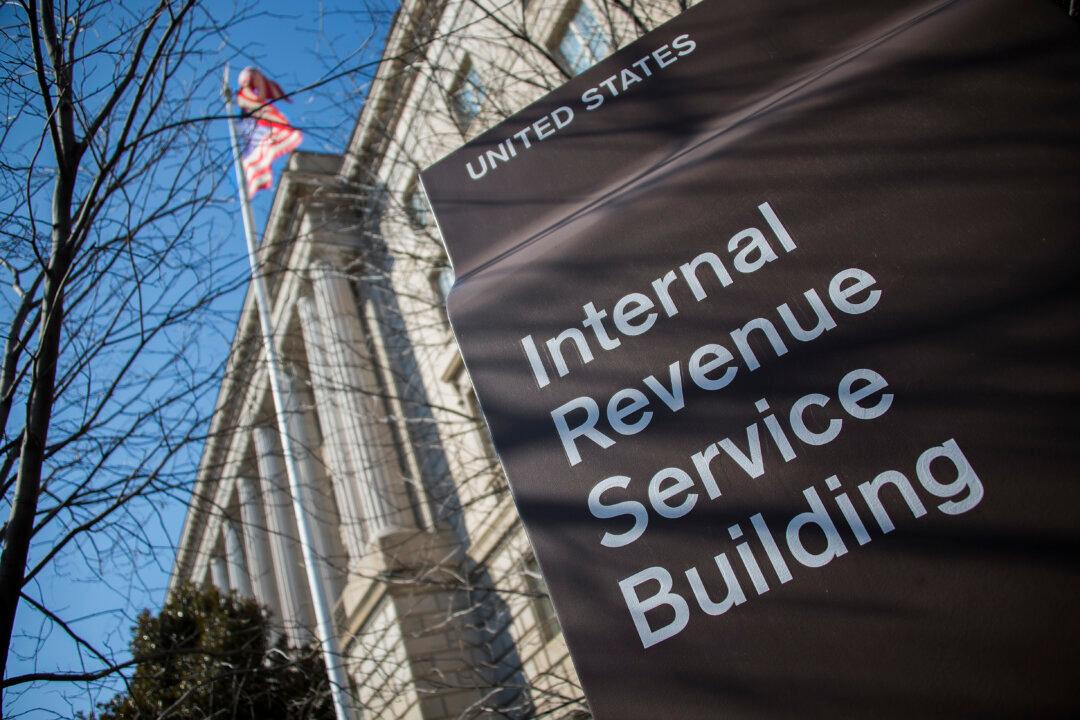A majority of American taxpayers are anxious about their Internal Revenue Service (IRS) refunds this year, as they expect to see lower amounts.
As tax season quickly approaches, millions of American are stressed out about their filings this year, as the economy is in the period of high inflation.





